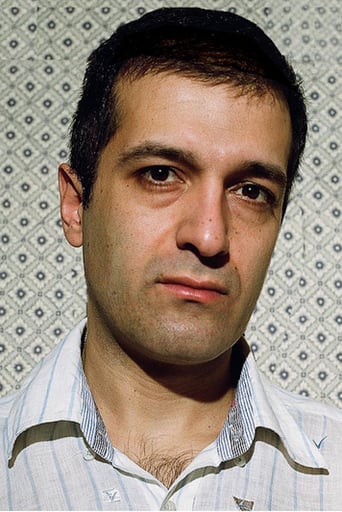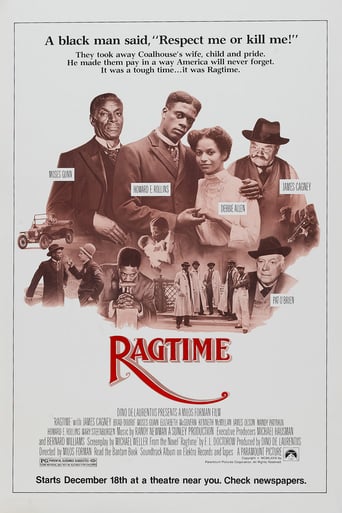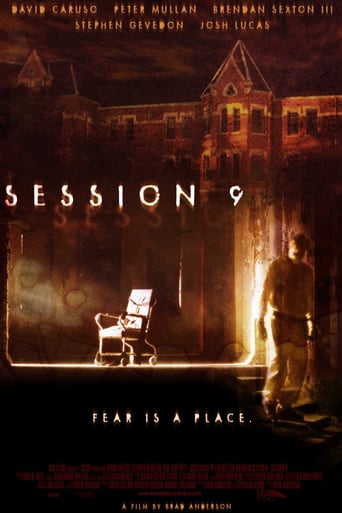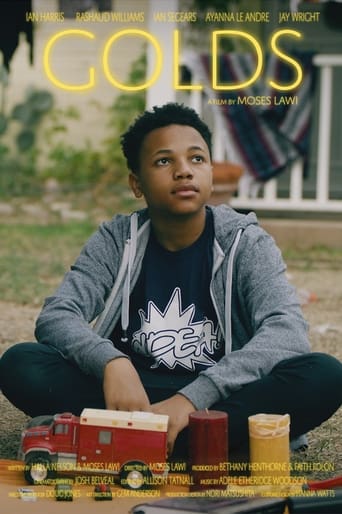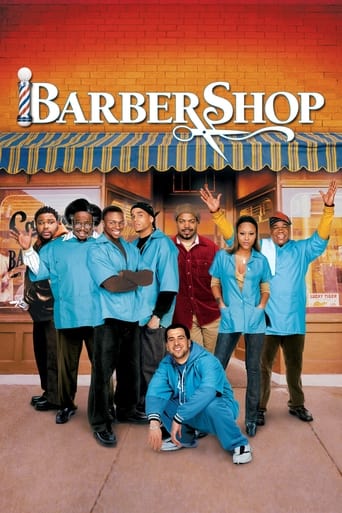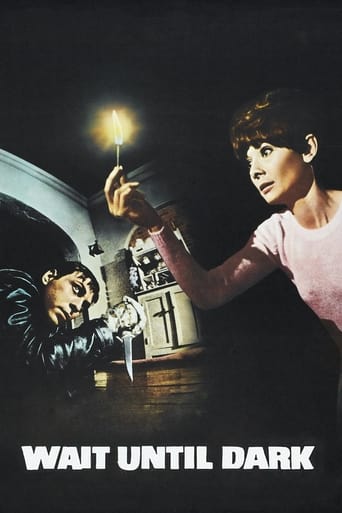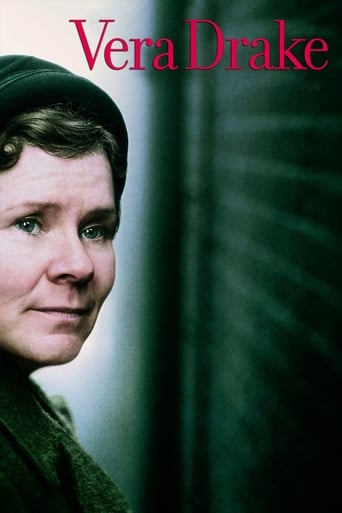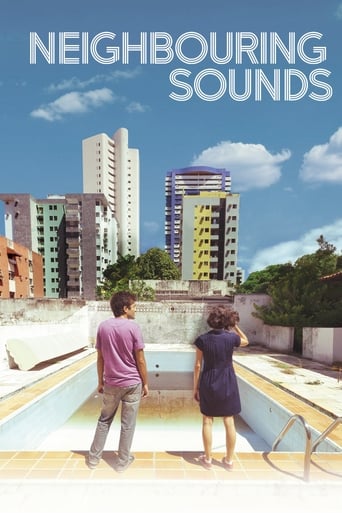

Neighboring Sounds (2013)
An independent private security firm arrives at a middle-class neighborhood in Recife, Brazil.
Watch Trailer
Cast


Similar titles
Reviews
Powerful
Best movie of this year hands down!
A different way of telling a story
The acting in this movie is really good.
"How can you measure progress if you don't know what it costs and who has paid for it? How can the 'market' put a price on things - food, clothes, electricity, running water - when it doesn't take into account the 'real' cost of production?" ― Arundhati Roy Directed by Kleber Mendonca Filho, "Neighbouring Sounds" paints a portrait of the director's own hometown. Part Robert Altman ("Kansas City"), part John Sayles ("Sunshine State"), the film is set in the streets of Setubal, a town in one of Brazil's largest cities.Mendonca's title may allude to the sounds of urban life, but what he's primarily interested in is the sound of locking doors. Throughout the film, we're constantly reminded of the threat of crime, the fear of intrusion and the possibility of violence. This violence is the film's chief interest, though Mendonca goes to lengths to disguise this fact. Instead, we watch as a series of characters navigate a concrete labyrinth adorned with protective bars, metal grilles, security alarms and cordoned off spaces. We watch as immigrants are hired to tutor children, favela kids are bullied, gangs offer to protect buildings, upper-class women marinade in ennui and various characters reveal insecurities, paranoias and their desire to climb the social ladder. Paradoxically, everyone knows their place, each character deferential to invisibly drawn social lines.It's only during the film's climax in which the ten black-and-white photos which open the picture (of fenced off countrysides, happy workers, angry villagers, palatial villas etc) are explained. Here Francisco Oliveira, a patriarch who got rich selling sugar and who now owns most buildings in Setubal, is implicated in the town's bloody history, a history which leaks into the present and mutates into modern forms of literal and psychic violence. Class divisions and lines of demarcation forged Oliveira's wealth, gave birth to Setubal, and now, in the present, separate neighbour from neighbour, brother from brother. Setubal may seem peaceful, but the ramifications of land-grabs, slavery and class warfare are everywhere.Unsurpsiingly, Mendonca is also preoccupied with issues of race. The condos and upper-middle class apartments of Setubal are populated by pale, white skinned men and women, whilst the housemaids, valets, janitors and street urchins are all various shades of brown or black. The classes put on happy faces, but key each other's cars and engage in other covert or overt forms of disrespect. Of course capitalism has always pitted the middle against the lower class, the lower against the middle and both against foreigners. But in Setubal, iron bars seem to keep everyone firmly apart. They're all jailed, eyeballing one another through cages. Only rarely does contact and so conflict arise. And when it does, blood spills.8/10 – Worth one viewing. See "Cutter's Way".
The people who find it dull (and there are quite a few judging from the IMDb reviews) really have dull minds. While this movie plays like a slice of life drama in a neighborhood in Recife, every single scene is carefully and meaningfully put together to speak about the nature of social structures in Brazil which date back to plantation times. These things may be more discernible in Northeastern states like Pernambuco where the plantations once flourished and formed the basis of the societal constructs and defined human relationships, but their residue still permeates the country as a whole, which, while trying to move beyond them, still remains mired in the same kind of stratifications.The film opens with black and white pictures of a plantation and then segues into a drama in 3 acts, using a crisscrossing narrative that delves into the day to day lives of various people who live and work on same street. And through their interactions and involvements we are given a very clear picture of class system as microcosm.This film is more than a simple slice of life. For those of you familiar with the films of Lucrecia Martel (Argentina), what seems to be disconnected and inconsequential is put together like a jigsaw puzzle that leads brilliantly to the films final scene, at which point the entire story crystallizes before our very eyes, and we realize how well it has been supported and enriched by all we have been shown. Throughout the film, there are narrative constructs for use to take hold of: the chapter headings, certain scenes that foreshadow, and a soundtrack the underscores where we are headed, without ever being exactly clear what we should prepare for. And this is, to a large part, the filmmaker's genius.
In his daring debut, Kleber Mendonça Filho did not just made a film about Brazilian middle class suburbia but placed the audience right on that street.We take part on the daily lives of the residents, their aspirations and challenges as their characters are opened wide for us to study, judge and ponder upon.These seemingly ordinary lives that these people lead, experience some sort of change when a street security team is hired to protect them and whilst watching this the question regarding where this is going did pop into my head, it is an area where the new director showed some mastery by not allowing the putting together of the pieces of the puzzle to affect the narrative as we were led to its dramatic conclusion.An unusual but stimulating experience.
Sounds punctuate the neighborhood in Kleber Filho's exhilarating Neighboring Sounds: a dog barks incessantly, street vendors blast their stereos, the noise of TVs reverberate through the streets, a vacuum cleaner rumbles, a washing machine vibrates, and a car sideswipes another. Neighboring Sounds employs a wealth of cinematography and sound to chronicle the anxiety that permeates a middle-class street in Recife, Brazil's fifth largest city. Winner of the FIPRECI Prize at the Rotterdam Film Festival and four major awards at the Gramado Film Festival in Brazil, the film appears to be a typical crime drama but becomes a mix of the existential ennui of Antonioni and the paranoia of David Lynch.Antonioni's own characterization of his 1960 masterpiece, L'Avventura, is a good fit for Filho's first feature, "Nothing," he said," appears as it should in a world where nothing is certain. The only thing certain is the existence of a secret violence that makes everything uncertain." Unlike many Brazilian films, this is not about favelas or drugs, but about the uneasy divide between a growing middle-class and their help living side-by-side in a crowded urban setting. Scenes are framed behind fences and grated doors to suggest maximum isolation, a suggestion that in today's Brazilian urban areas, a melting pot is built out of necessity, not of choice.The film opens with a montage of black and white photos of workers in a sugarcane plantation peering into the camera with tools raised, and sweat accumulating on their faces from slaving in the fields in the heat of the day. The weary faces suddenly melt into the shot of a young girl on rollerblades in a parking lot surrounded by tall white-walled condos. Like Lucretia Martel's La Cienaga, Neighboring Sounds unfolds in a series of small incidents that convey an atmosphere of encroaching claustrophobia. Pointing to the local power structures that rule the streets, the block is run by the local "don," Francisco (W. J. Solha), a wealthy landlord with a questionable past. João (Gustavo Jahn), Francisco's grandson, is a real estate agent for the family who has established a promising relationship with Sofia (Irma Brown).Accumulated incidents shape the film's message. João and Sofia are caught naked in their living room by the arriving housemaid Maria (Mauricéa Conceicão) who makes light of the incident, engaging in conversation with João and Sofia in the confining space of his kitchen. Bia (Maeve Jinkins), another nearby resident trying to raise two small children, is consumed by managing her domestic help, organizing English and Mandarin lessons for her young children, while drugging the neighbor's dog, amusing herself by smoking pot delivered to her by a drug-dealing water delivery man, and masturbating to the whir of the washing machine. Meanwhile, Sofia tells João that her CD player has been stolen from her car and asks for help to get it returned.João immediately suspects his cousin Dinho (Yuri Holanda), a layabout who is used to getting what he wants and reacts aggressively when confronted. Sparked by the car theft and other recent incidents on the block, João hires a security patrol manned by Clodoaldo (Irandhir Santos) to oversee the neighborhood's safety. Though the residents of the block are relatively well off, they need more and more security but even then, do not feel safe in a country where there is a large disparity between rich and poor. The security patrol is ostensibly there to ensure the neighbor's safety, but accomplishes the very opposite when their true motives are revealed. As the accumulation of tension explodes in an illuminating burst of sound, the world ends not with a whimper but with a bang.




